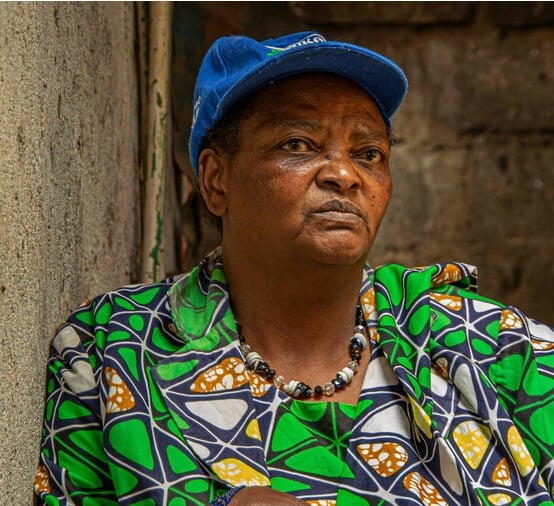What is the High-Level Meeting on Universal Health Coverage and what does it mean for older people?
On 21 September 2023, a significant gathering will take place in New York, bringing together government ministers, heads of state, policymakers, and civil society for the United Nations High-Level Meeting (HLM) on Universal Health Coverage (UHC). This event, set amidst a week of other High-Level Meetings on topics such as Tuberculosis and Pandemic Preparedness and Recovery, continues the UHC discussions started in 2019.
The purpose of this High-Level Meeting is to encourage governments to revisit their commitments to providing accessible healthcare worldwide. UHC plays an important role in ensuring health systems provide quality healthcare for all people, no matter where they live.
What is Universal Health Coverage?
Universal Health Coverage, often referred to as UHC, means everyone, everywhere, can access essential healthcare services without facing financial hardship. It aims to reduce health inequalities and ensure that even marginalized groups, such as older people, have their health needs met.
Why is this Meeting so important?
The High-Level Meeting comes at a crucial time as the world grapples with the aftermath of the COVID-19 pandemic. Over the last few years, progress in global health improvement has faced setbacks, exacerbated by the pandemic's impact. Reductions in Official Development Assistance (ODA) budgets have further strained health initiatives in many nations, particularly those dependent on humanitarian support.
The Meeting also marks the halfway point towards implementing the Sustainable Development Goals (SDGs), including SDG 3.8, which aims to achieve Universal Health Coverage by 2030. For older people, UHC is particularly significant. Current health systems often fail to adequately address the unique and diverse needs of older people, leaving many without proper care and support. This not only infringes on the rights of older people but also affects their families and communities.
Age International's recent report emphasises the significant barriers faced by older people in low and middle-income countries. These include ageism, lack of training and data on older people's health, and inadequate investment in the illnesses that commonly affect them. A key element of UHC is making healthcare affordable, which will reduce the financial pressure faced by many older people often living without pensions and supporting wider families.

“It feels good being old when you are normal and ok, you are happy. But we, older people, have a lot of illnesses that keep attacking us, like diabetes, arthritis, and high blood pressure. We would really wish to be supported with medication. Some of the medicines we have to buy are very expensive.”
What are we hoping?
Given these challenges, we hope that the UK Government will take a leadership role in advocating for the health of older people at the UHC Meeting. Prioritizing the health needs of ageing populations and strengthening health systems to cater to all ages is essential, and will make UHC truly inclusive.
How can you help?
You can help Age International let the Government know that the health of older people matters by supporting our ongoing campaign. By signing our open letter to Andrew Mitchell MP, the Minister of State for Development and Africa, you can help ensure that older people's health needs are covered in the discussions and commitments that come out of the Meeting. Your signature will show your support for including older individuals worldwide in Universal Health Coverage and emphasise that true UHC covers all age groups.
